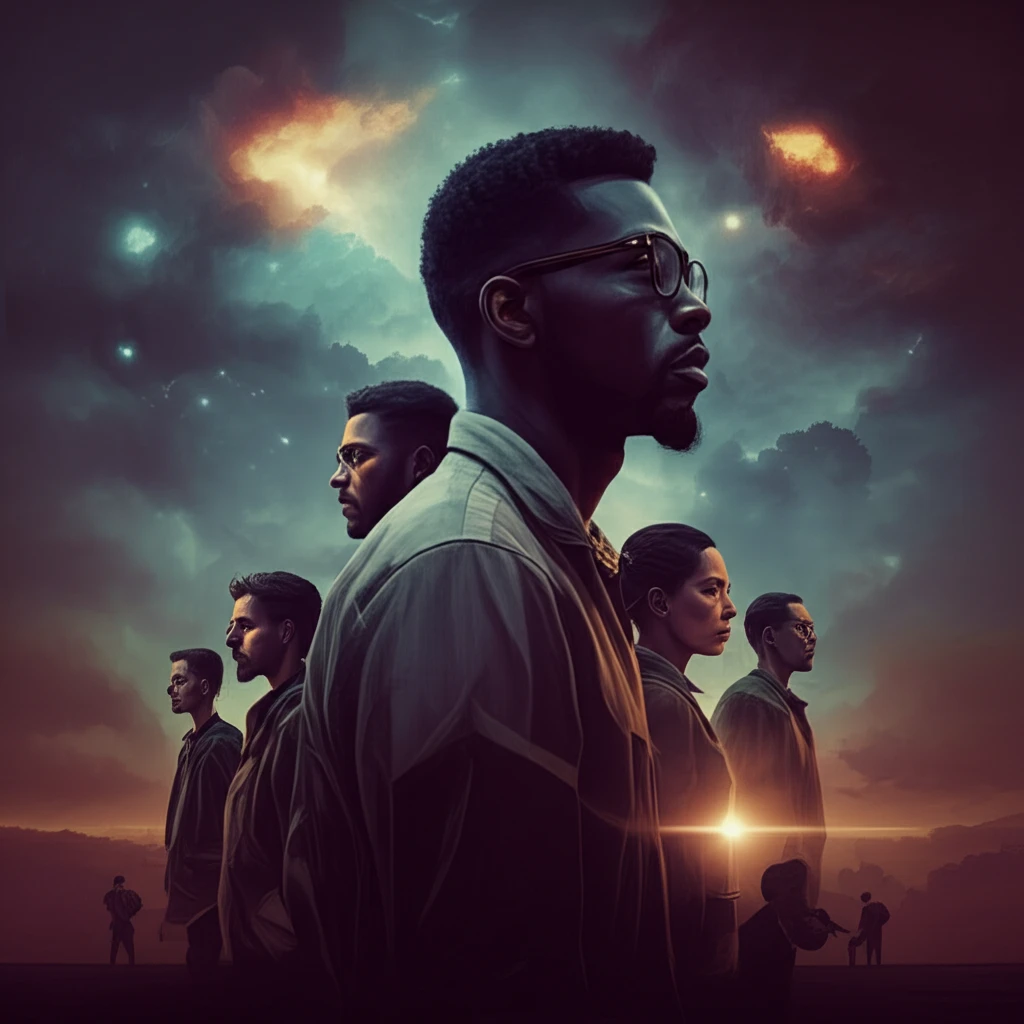
Beyond the Dream: How Martin Luther King Jr.'s Legacy Still Shapes Our World
"Explore the enduring impact of Martin Luther King Jr.'s life and work on global perspectives, social justice, and the ongoing fight for equality."
On April 4, 2018, the world paused to mark the fiftieth anniversary of the assassination of Rev. Dr. Martin Luther King Jr. Commemorative events unfolded globally, honoring his life and enduring legacy. From Memphis, Tennessee, where former colleagues and countless admirers gathered at the National Civil Rights Museum—now encompassing the Lorraine Hotel room where King spent his final night—to a concurrent conference at the British Academy in London, the tributes poured in.
King's influence transcends national borders; he has become a global icon of the twentieth century, celebrated worldwide during his lifetime. From the Montgomery Bus Boycott in 1955 to the campaigns in Birmingham, Alabama, in 1963, and his Nobel Peace Prize in Oslo, Norway, in 1964, King's actions and words resonated internationally. His close association with movements to end the war in Vietnam further amplified his global recognition, with his activities reported across radio, television, and print media worldwide.
This article delves into the profound impact of Martin Luther King Jr.'s life and legacy, examining how his principles and struggles continue to influence contemporary movements for social justice, equality, and human rights across the globe. By exploring various facets of his enduring influence, we aim to understand how King's dream remains a guiding light in the ongoing pursuit of a more just and equitable world.
A Global Icon Remembered

In the aftermath of King's assassination, the world mourned. From Kenya to Mexico, Australia to the Soviet Union, public events and memorial activities demonstrated a global sense of loss. Jason Sokol notes that in Madrid, Spain, a church service overflowed with mourners, while anti-Vietnam War marches were organized in both East and West Berlin. The response underscored King's significance on the world stage, highlighting his role as a symbol of hope and change.
- King's global recognition was cemented through key events and widespread media coverage.
- His legacy continues to inspire movements for social change worldwide.
- Understanding the responses to his death offers insights into the era's challenges.
The Enduring Legacy
The ongoing efforts to document Dr. King's legacy, including symposia and scholarly work, contribute to understanding the continuing impact of his life on American and African American culture, as well as global events. By exploring how King's ideals have shaped our world since his death in April 1968, we gain a deeper appreciation for his contributions and the ongoing struggle for justice and equality.
